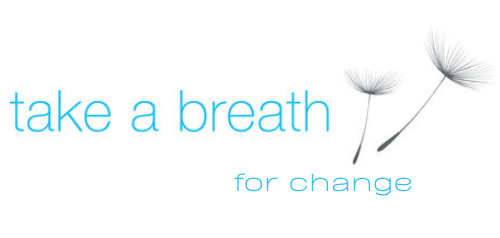Benefits
Research shows the powerful effects of conscious breathing and awareness:
Brain Integration
Prolonged stress has been shown to shrink the hippocampus, the region of the brain responsible for learning, memory, cognition and emotional regulation. At the same time, the amygdala, which determines emotional responses based on sensory information that it perceives as a threat or not, has been shown to increase in size due to its overstimulation.
Developing healthy breathing patterns:
Calms the stress response thereby increasing oxygen to the hippocampus and reducing the size of the amygdala
Strengthens focus and attention
Promotes brain integration
Fosters deeper and better sleep by releasing physical, mental and emotional tension
Strengthens self-awareness
This directly and/or indirectly helps the student do the following:
Learn better stress management and consciously choose right action
Alleviate anxiety and depression with slow, rhythmic breathing
Naturally increase blood oxygen, vital for the growth of healthy cells
the b.r.a.v.e. technique and brainwave states
There are five distinct brainwave frequencies. Each frequency has its own set of characteristics representing a specific level of brain activity as well as a unique state of being. All of our thoughts, feelings and emotions can be measured as the communication of neurons within our brains. The Take a Breath methodology sequentially moves through those states; From Beta the most active and external, through Alpha includes a deepening of the relaxation response and moving into stillness, then Theta a deep relaxation response and internal focus and awareness, and finally into Delta which is a deep state of levels of sleep.
Research
This program is based on best practices and research.
For more information, read the research in the links below:
Research shows how mindfulness changes the brain in Depressed patients
Harvard Study
How do mindfulness-based cognitive therapy and mindfulness-based stress reduction improve mental health and wellbeing? A systematic review and meta-analysis of mediation studies
NIH, Library of Medicine
Effects of Mindfulness-Based Stress Reduction on employees' mental health: A systematic review
NIH, Library of Medicine
BREATHING TECHNIQUES CAN HELP KIDS RELAX
Mayo Clinic News Network
MAKING TIME TO RELAX FOR CHILDREN WITH ANXIETY
Author: Rich Presta
BLOW THE PAIN AWAY: BREATHING TIPS TO HELP CHILDREN RELAX
Posted by: Micah Dorfner(Mayo Clinic News Network)
DEEP, SLOW BREATHING AND MINDFULNESS MAY HELP MAKE KIDS BULLYPROOF
Author: Pamela Price
THE IMPACT OF MINDFULNESS IN THE LIVES OF AT-RISK YOUTH
Author: Ruth Buczynski, PHD
BRINGING MINDFULNESS TO THE SCHOOL CURRICULUM
Author: Kate Lunau
IS MINDFULNESS THE SECRET BEHIND BETTER HEALTH & MAKING KIDS BEHAVE?
Author: Ella Jameson
CAN ‘MINDFULNESS’ HELP STUDENTS DO BETTER IN SCHOOL?
Author: Emily Holland
